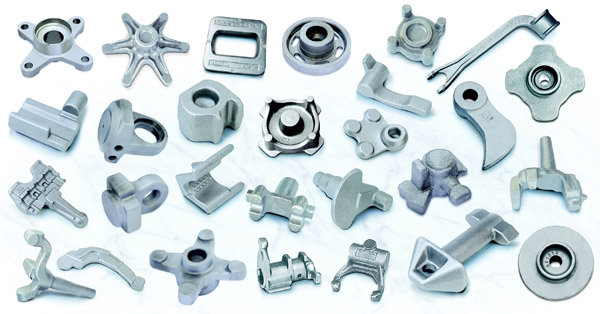Good quality of raw materials is the necessary prerequisite to ensuring production of quality forgings. Defects of raw materials will influence forming process and final quality of forgings.
If chemical element content of raw materials exceeds specified range or content of impurity elements is too much, forming process and quality of forgings will be greatly affected. For instance, Elements like S, B, Cu and Sn easily form low melting point compound, which easily causes hot shortness of forgings. To attain fine grained steels, remaining aluminum content in steels should be controlled within a specified range. For example, as for Al acid, mass fraction should be controlled between 0.02% and 0.04%. But, if remaining aluminum content is too little, grain size will become too small, which often easily caused non-conformity of inherent grain size of forgings. In contrast, if aluminum content is too much, woody fracture and scratched fracture will be easily caused during pressure processing and the formation of fibrous tissue. For example, if content of Ti, Si, Al and Mo in 1Cr18Ni9Ti austenitic stainless steels is too much, more ferrite compounds and more strip-like cracks will be caused, thus making forgings have magnetic property.
If defects like residual contracted pipes, serious carbide segregation and coarse non-metal impurities exist in raw materials, cracks of forgings are easily caused during forging process. Additionally, defects like dendritic segregation, serious unconsolidation, oxidation film, segregated band and inclusion of dissimilar metals will cause the decrease of performance of forgings. Besides, bad quality of raw materials like surface crack and coarse grain ring will easily cause surface crack of forgings.
